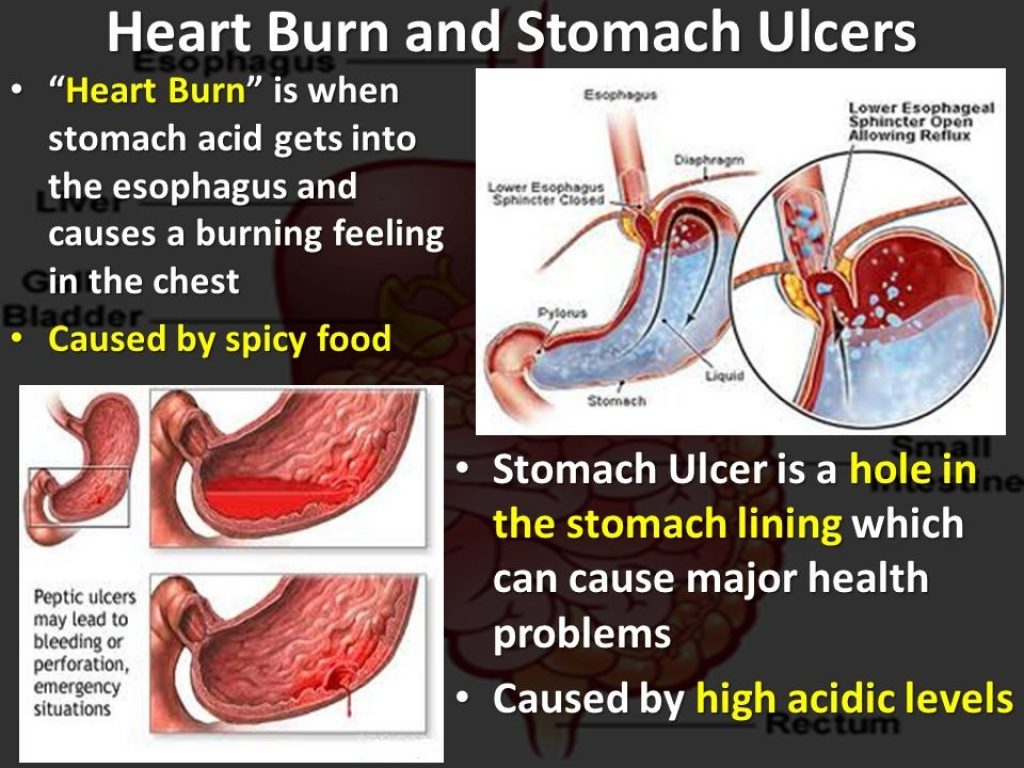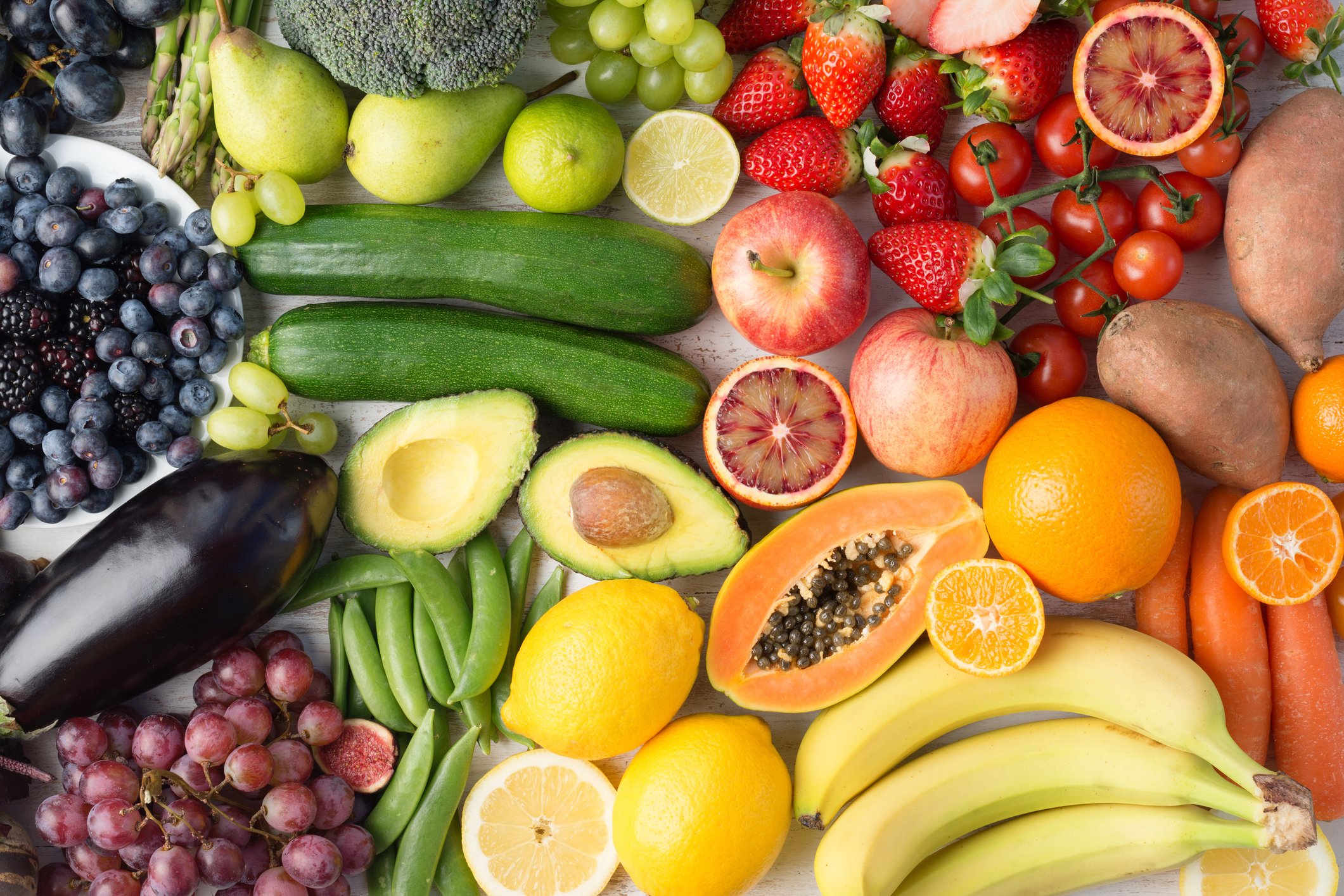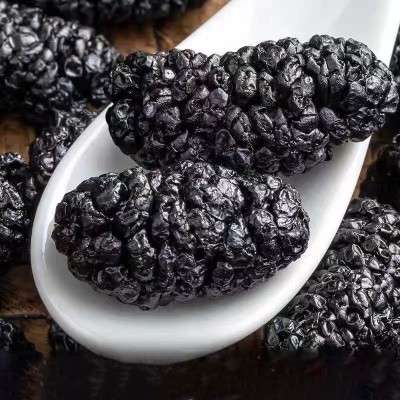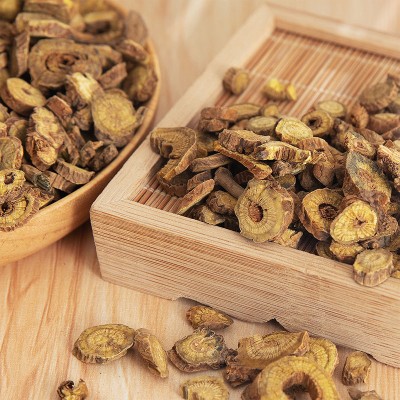Dietary recommendations for patients with gastric ulcer
Gastric ulcer patients can manage symptoms and promote healing by adopting healthy eating habits. Here are some key dietary recommendations:
1.Avoid Spicy Foods: Spicy, chili, vinegar, caffeine, chocolate, onions, and garlic, among other spicy foods, can exacerbate ulcer symptoms. Patients should try to avoid or reduce the consumption of these foods.

2.Choose Mild Ingredients: Mild ingredients like oatmeal, rice, chicken, fish, bananas, and apples are typically easier to digest, reducing the burden on the stomach.
3.Eat More Vegetables and Fruits: Fresh vegetables and fruits are rich in vitamins, minerals, and dietary fiber, supporting overall health and immunity.

4.Opt for Small, Frequent Meals: Eating smaller, more frequent meals helps prevent excessive hunger and reduces stress on the stomach, aiding ulcer management.
5.Control Fat Intake: High-fat foods can worsen symptoms, so it's advisable to avoid or limit consumption of high-fat items like fried foods, butter, and cheese.
6.Stay Well-Hydrated: Sufficient water intake is crucial for maintaining proper hydration and mucosal health. Ensure you drink an adequate amount of water every day.
7.Limit Alcohol and Caffeine: Both alcohol and caffeine can increase stomach acid production, so their intake should be restricted.

8.Chew Food Thoroughly: Chewing food thoroughly reduces the workload on the stomach and aids in digestion.




